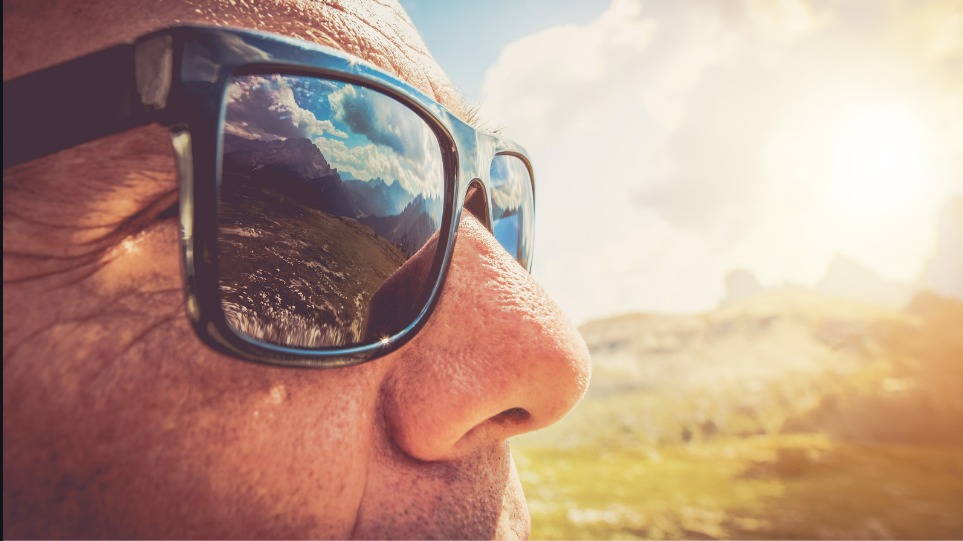
hello everyone am MD Tahsin and shadecraze is my blog in this post am going to explain Do Sunglasses Block Blue Light? Let’s Find Out!
Introduction: Understanding blue light and its effects
Knowing what blue light is and its effects is crucial. We live in a modern society full of digital devices. Blue light is one of the lights categorized with short wavelengths and high energy. This is from the sun, phones, and computers. Blue light exposure during the day keeps us awake. It also helps us manage our sleep. But, when we expose ourselves to it in the evening, we harm our sleep quality and strain our eyes. Eye strain signs include dry eyes, blurry vision, and headaches. Blue light can cause age-related macular degeneration. One can use blue light-blocking glasses or change the screen’s settings to cut the impact of blue light. Knowledge about blue light helps people prevent harm to their eyes. It also helps them adjust to using screens well.
What is blue light?
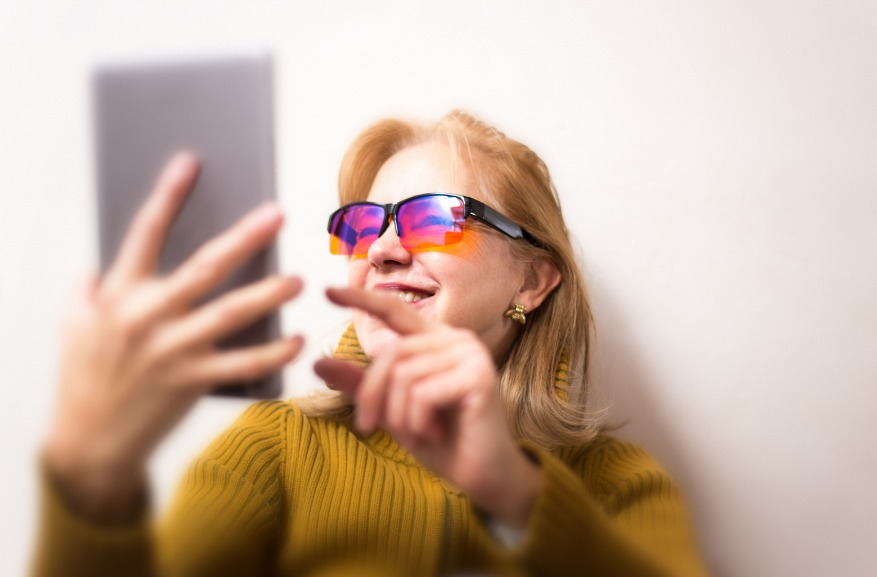
Blue light, which we’ve seen as blue, has a range of 380-500 nanometers. It comes from natural sources like sunlight. And from artificial sources like digital screens, LEDs, and some bulbs. Blue light affects sleep quality by interfering with our body clock. While it can keep us alert and improve our mood, too much exposure at night can cause sleeplessness. It can also cause eye strain, dryness, and blurry vision. Using blue light-blocking glasses or filters can prevent eye damage. They can also promote healthy sleep.
Do sunglasses block blue light?
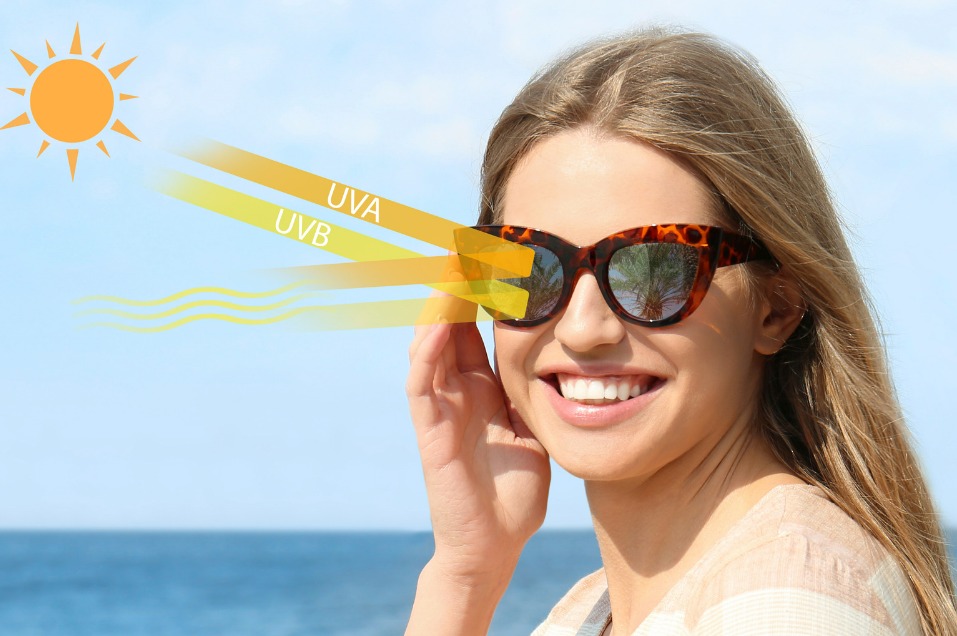
This study examines whether sunglasses block blue light and their protective benefits. Screens emit blue light, straining eyes and disrupting sleep. Although some sunglasses offer protection, specialized lenses provide more. Blue light glasses reduce eye strain and improve sleep. Regular sunglasses offer less protection. For long screen sessions, it’s best to wear blue light glasses.
How to test for blue light blocking
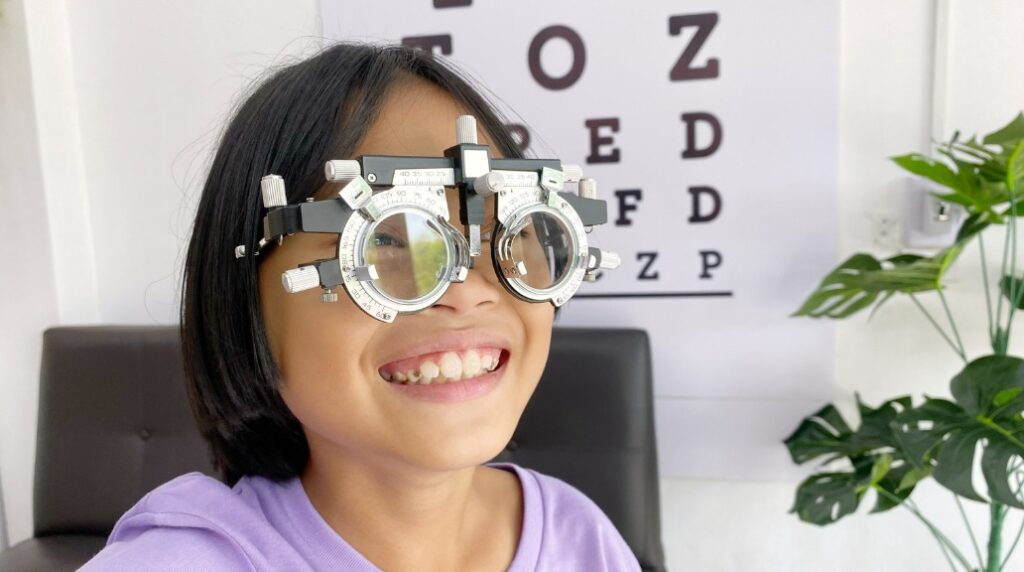
Blue Light Test Card: Place the card on the lens and shine light through it to see how much blue light gets absorbed. Manufacturers provide instructions if needed. Opticians use a spectrophotometer to measure light through lenses. It shows how much blue light they’ve let through is blocked. They administer a VLT test, which gauges visible light transmission through the lens. Blue light-blocking lenses consistently exhibit lower VLT scores. Many optical shops provide this test. Try wearing the lenses in front of screens. See the cut-in eye strain or better sleep. These are signs that the lenses block blue light.
The importance of protecting your eyes
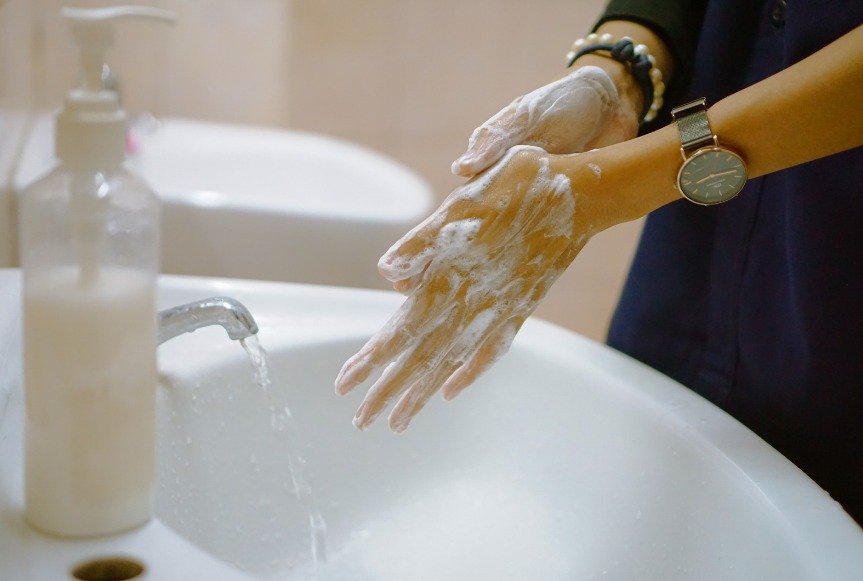
Your eyes are crucial to your health. Most of what you take in comes through your eyes. Ignoring eye care can cause blindness, vision loss, cataracts, and glaucoma. Regular eye exams are crucial, like car check-ups. Your eyes can also show health problems. It includes cholesterol, blood pressure, and diabetes. Good eye health improves your quality of life.
Other ways to reduce blue light exposure
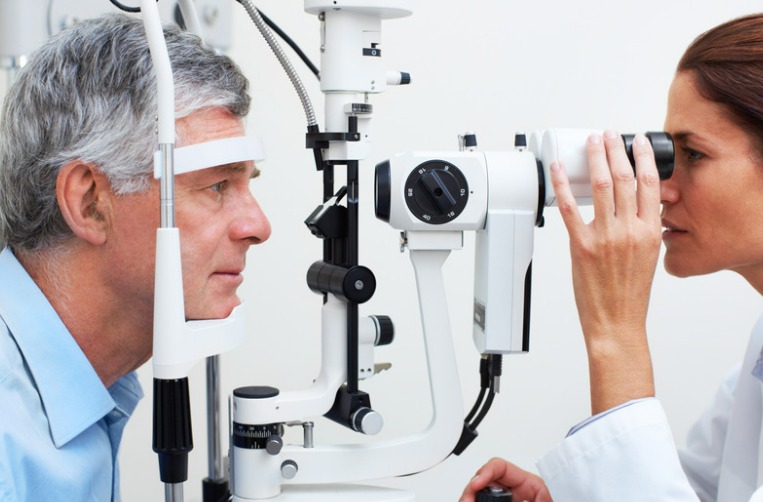
Protect your eyes using f.lux or other blue light filters on your devices. Blue light-blocking glasses can also help. Lower screen brightness and boost contrast. To cut eye strain, follow the 20-20-20 rule. Look away from your computer every 20 minutes. Look 20 feet away for 20 seconds. In the evening, switch to warm bulbs at home. Stop using electronic devices before bedtime to get better sleep. Mount transparent film screens to reduce blue light and glare. Limit screen time. Remember to blink. Sit back from the screen. Keep the screen below eye level. Finally, minimise room glare by adjusting the lighting.
Conclusion
Not all sunglasses protect from blue light. So, be selective. Choose ones with blue light-blocking lenses. This action will reduce eye strain and risks. Be wise in managing your eye health.
